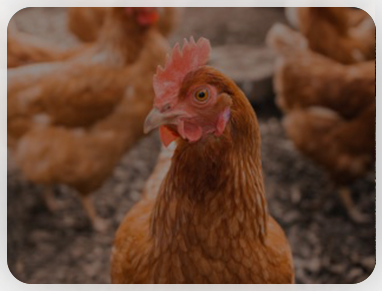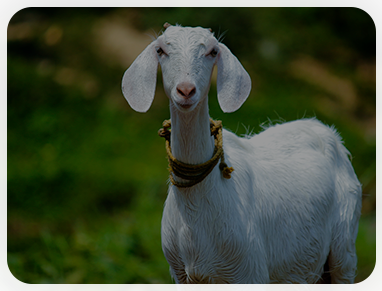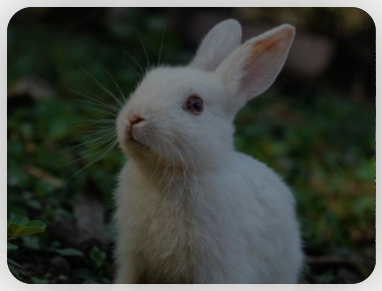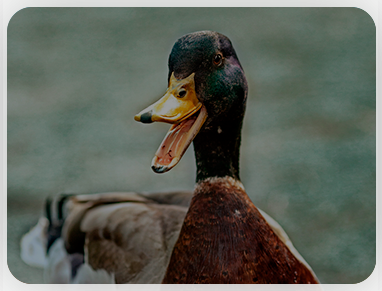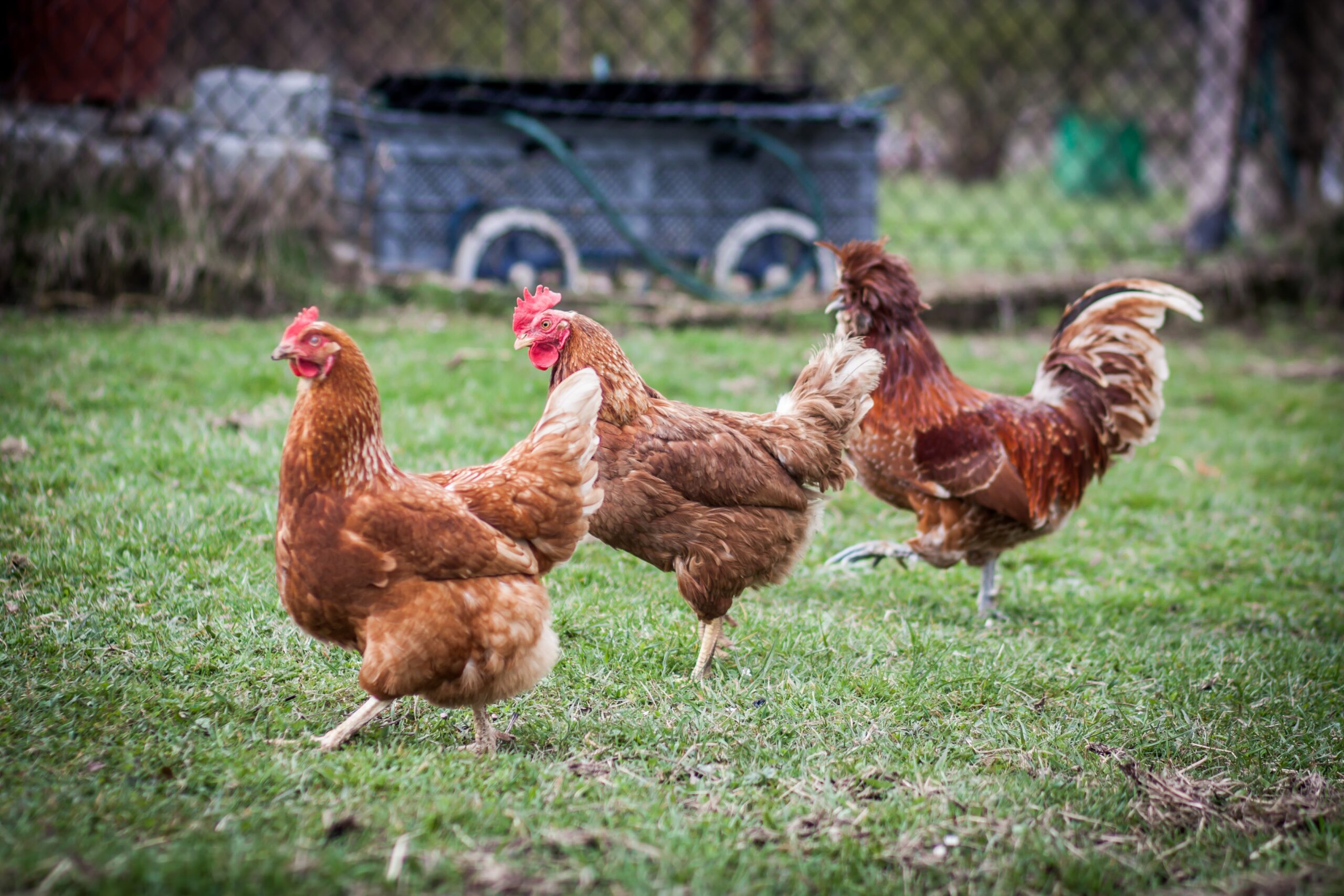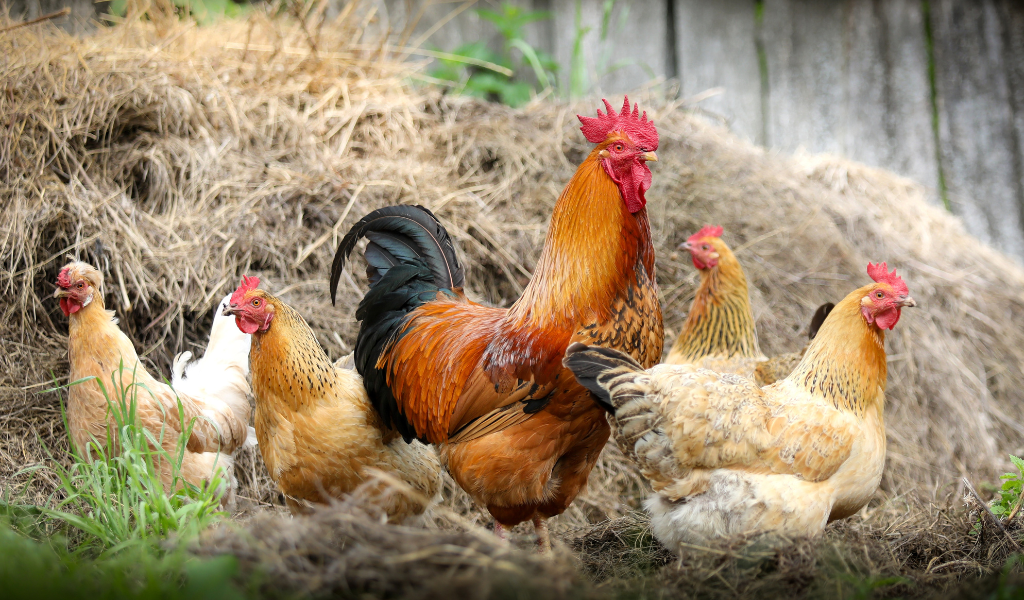When you decide to raise chickens it is important, if possible, to choose to bring home not only common specimens but also and above all less widespread breeds, which perhaps risk disappearing forever. This is the case with rare and local hens, often little known but which is very important to preserve in order to safeguard the biodiversity of our territories. This translates into benefits for both humans and the environment.
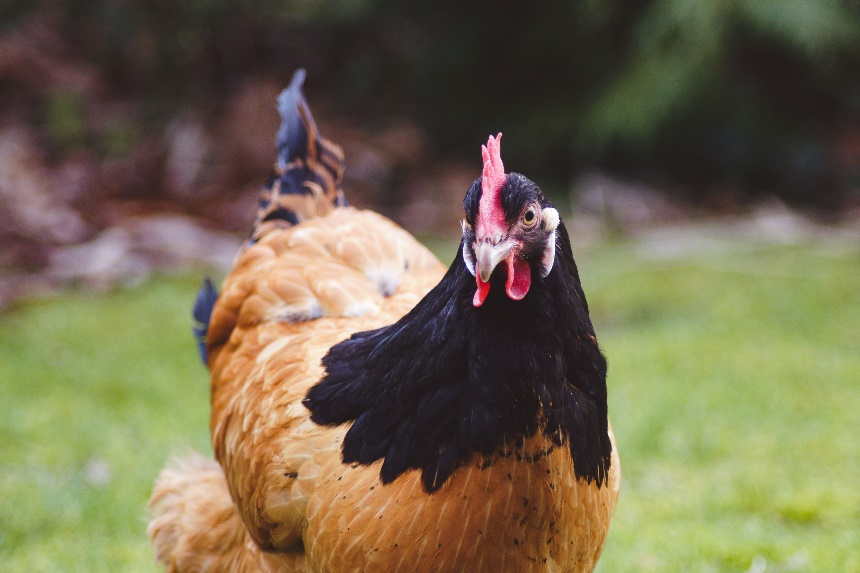 Raising rare and local chickens
Raising rare and local chickens
When one thinks of the hen, the typical image of the hen appears in everyone's mind domestic hen, the most widespread in farms and represented in books, cartoons and illustrations. The common imagination is fossilized on a single specimen, as if there were no other noteworthy ones. So much so that if by chance you find yourself attending an educational farm or simply an enlightened breeder, you find yourself displaced in front of unknown hens, with bright colors and features that seem almost exotic. This happens because we are not used to the great variety of poultry breeds existing, which are many and change according to the territory.
However, the number of native breeds that can be counted today are still a negligible number compared to the enormous variety that existed in past centuries. In fact, today many specimens have become extinct and it remains rather difficult to come across local chicken farms, which in fact are increasingly rare. This is due to our production system, which favors the proliferation of high-yielding breeds in order to meet the needs of a market that has educated us to feed on animal derivatives in large quantities. Given this trend, and the constant increase in the number of the world population, the food industry has serialized and specialized in the breeding of certain types of animals, to the detriment of others. The introduction of intensive farming has in fact favored specimens capable of multiplying faster and producing greater quantities of eggs, greatly flattening the variety of poultry breeds available. In this way, many specimens have been neglected, forgotten and have therefore become extinct.
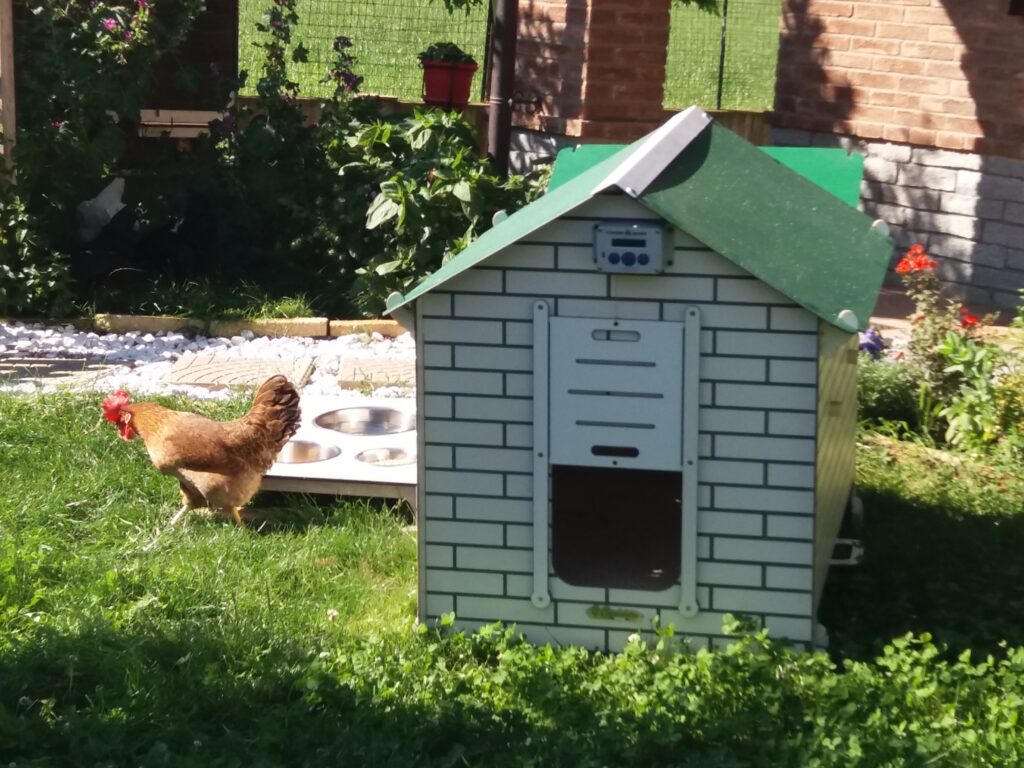 Safeguard biodiversity by raising ancient hens
Safeguard biodiversity by raising ancient hens
The breeds spared from the industrial homologation process, which still dominates our societies today, owe their salvation to breeders sensitive to the importance of protection of biodiversity. In fact, thanks to those who decided to take care of the few remaining specimens, belonging to breeds now in decline, today we can still see ancient and local hens, which large retailers do not consider suitable for trade. This is fundamental since the importance of animals is independent of the profit derived from them: a healthy biodiversity has in fact a value equal to if not greater than that of the market economy. A planet with a restricted fauna is not a healthy planet, the balance of ecosystems is altered, certain types of animals impose themselves on others, due to the lack of some predators many races disappear and consequently the benefit that these brought to the environment. In fact, each specimen plays its own fundamental role in guaranteeing the well-being of the planet we inhabit. No one is superfluous and they all contribute to balancing the great living system we call earth.
Dealing with endangered breeds allows you to safeguard the entire planet and therefore our own well-being. You don't need to be an expert breeder to do this, especially since some poultry varieties are so tame that they make perfect pets. The hen is more and more a domestic animal, which anyone can host in their garden simply by having a good outdoor chicken coop. Today there are many types, suitable for every need, from large rural spaces to small city gardens. Anyone can therefore equip themselves with a small personal chicken coop, where little-known but very important specimens for the environment in which we live live. So why not take the opportunity to do good to the planet by populating your backyard with these sensitive animals?

